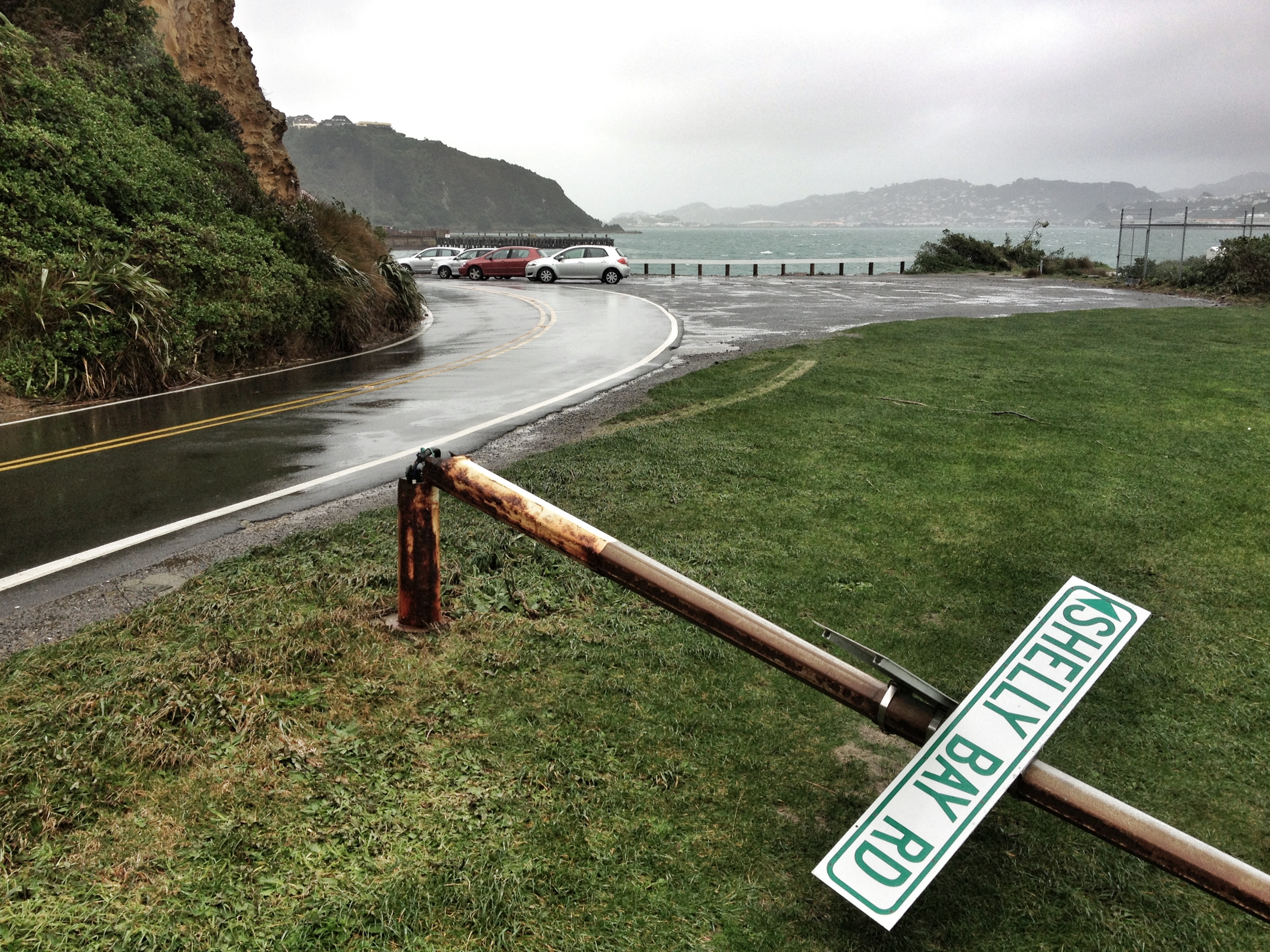
Benoit - 6 Septembre 2023
Peter Jackson has bought Shelly Bay from Ian Cassel. Is this a good news?
The Shelly Bay development is now cancelled. Most people breathed a long sigh of relief as they welcomed this good news, a first in years for the East. And Councillor Teri O’Neil, who ‘100% opposed Shelly Bay’, must be quite ecstatic that the development won’t happen.
To the people who longed for the high-density development and who would make Jackson and Walsh responsible for its demise, they should remember that it’s Cassels, their beloved developer, who approached Jackson to buy Shelly Bay, not the other way around. It’s Cassels who cancelled his development, no one else.
These same people, including the Mayor, say they regret the affordable housing that Cassels’ ambitions would have brought to Wellington, forgetting that Shelly Bay was never about low-priced housing: Cassels has happily admitted that this development targeted the upper market, and argued, in a Trumpian ‘trickle down’ reasoning, that the cancellation may release homes elsewhere for people with tighter budgets. Wishful thinking, anyone?
Finally, for those who still, against all odds, wanted this development, consider the citywide consultation on the Spatial Plan in 2021. It clearly set Wellington’s intensification trajectory: higher density close to the centre and along the main transport spine, while somehow, the city would become greener.
Shelly Bay didn’t tick any of this, and raised valid concerns on transport access. None of that has to do with NIMBYism, as Cassels’ cheerleaders have been quick to claim. Had the process enabled the community to be consulted, perhaps the project could have been scaled down, faced fewer headwinds, and some medium-density housing would be getting off the ground now.
Jackson and Walsh have declared their good intentions for the site, and there are reasons to rejoice. Their focus on natural and cultural heritage, their desire to make it a community hub, acknowledging the Maori legacy, while making good to the iwi: what’s not to love about it? Perhaps, in the process, they might plant a few medium-density developments, which no-one would oppose: something at scale with the site.
However, this happy epilogue should not be the tree hiding the forest: nowhere in this process have the political powers been present.
This cancellation, much better aligned with what Wellingtonians want for the site, should not have been decided by one individual, or a private party. Instead, elected members, especially in the East – and also the Mayor who sold herself as a facilitator in chief – should have been the architects of this outcome. At times, not only were they completely absent, but also they betrayed their own commitments. None went to organise a proper survey on what the majority wanted for the site. It came down to the community to organise and pay for it!
This debacle was not Cassels’ making, it was the blunt demonstration of the failure of our local democracy. Aspiring Councillors and Mayor should take note: the current system – processes, people, elected or officers – is not working in the general interest.
Looking forward, another bone of contention is coming: Mount Crawford, and the long-promised Regional Park. It is about time politicians threw themselves into the ring and took ownership of these projects to progress what has been agreed, bringing all parties to the table: iwi, businesses, and community.
Benoit, le 6 Septembre 2023